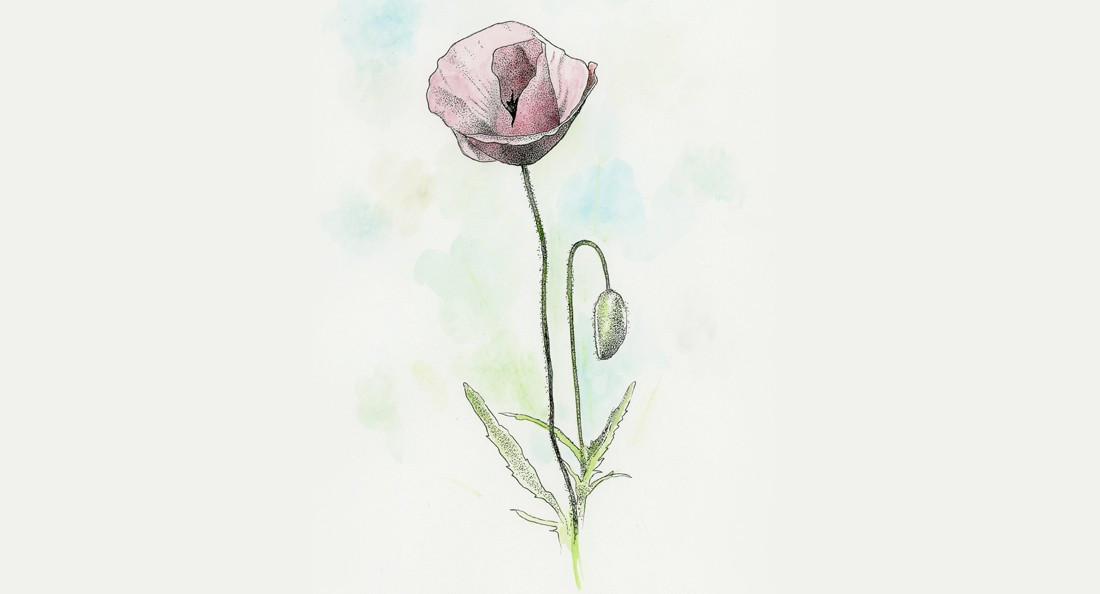Easing the transition from military to university
Mental health remains a top issue for veterans
Remembrance Day, held annually on Nov. 11, gives individuals and institutions the opportunity to reflect upon the service of past and present military members.
Veterans are underrepresented in Canadian post-secondary enrollment. According to studies from 2016, 17 per cent of regular-force veterans have university degrees, compared to 28.5 per cent of Canadians aged 25 to 64.
Stephanie Rozzi, academic advisor for Adult Learner Services and Recognition of Prior Learning at the University of Winnipeg (U of W), says the university offers many services for military students to help ease their transition to post-secondary education. These include access to academic advising and adult learner services, like prior learning assessments and recognition for prior learning.
“Military members who are Canadian Forces (including those in the reserves), retired and veterans are eligible for up to 30 credit hours of recognition for military training and service based on rank and evaluated in-house training,” Rozzi says.
“In recognizing diverse populations such as the military, we can support lifelong learning and acknowledge their learning,” she says, adding that “diversity brings experience into the classroom that goes beyond academics.”
“It lends itself to building understanding and creates learning opportunities that otherwise may be lost,” Rozzi says.
“In my experience, military students who I have worked with have a character of discipline, dedication and focus that creates a successful learning outcome for them, and which they can share with their fellow classmates.”
In an effort to help military students transition to the U of W, Thomas Batchelor, a veteran and criminal justice student, founded the U of W Veterans and Armed Forces Student Group (VAFSG) last year.
“That transition is way more difficult than, I think, anyone really prepares you for,” he says.
“I figured that there should be something to help people transition from military to school, so that’s where the group set up.”
He also says “it’s really important to have a group where somebody understands what you’ve gone through.”
The VAFSG organizes casual social events such as workouts in the Gupta Centre and builds a support structure for students who have served in the military.
He says one of the ways the non-military students can be more supportive is by “just being nice” and free of prejudice. He mentions mental health as one of the most important issues with regards to veterans.
A study released in 2017 by Veterans Affairs Canada examined suicides from 1976 to 2012. It found that male veterans have a 36 per cent higher risk of dying by suicide than civilians, and female veterans have an 81 per cent higher risk than civilians. Veterans under the age of 25 have a 242 per cent higher risk of dying by suicide than their civilian counterparts.
“It’s not just veterans of foreign wars that Remembrance Day is about,” Batchelor says. “Everyone has the burden to carry, and nobody gets out of it scot-free.”
Published in Volume 74, Number 10 of The Uniter (November 14, 2019)







